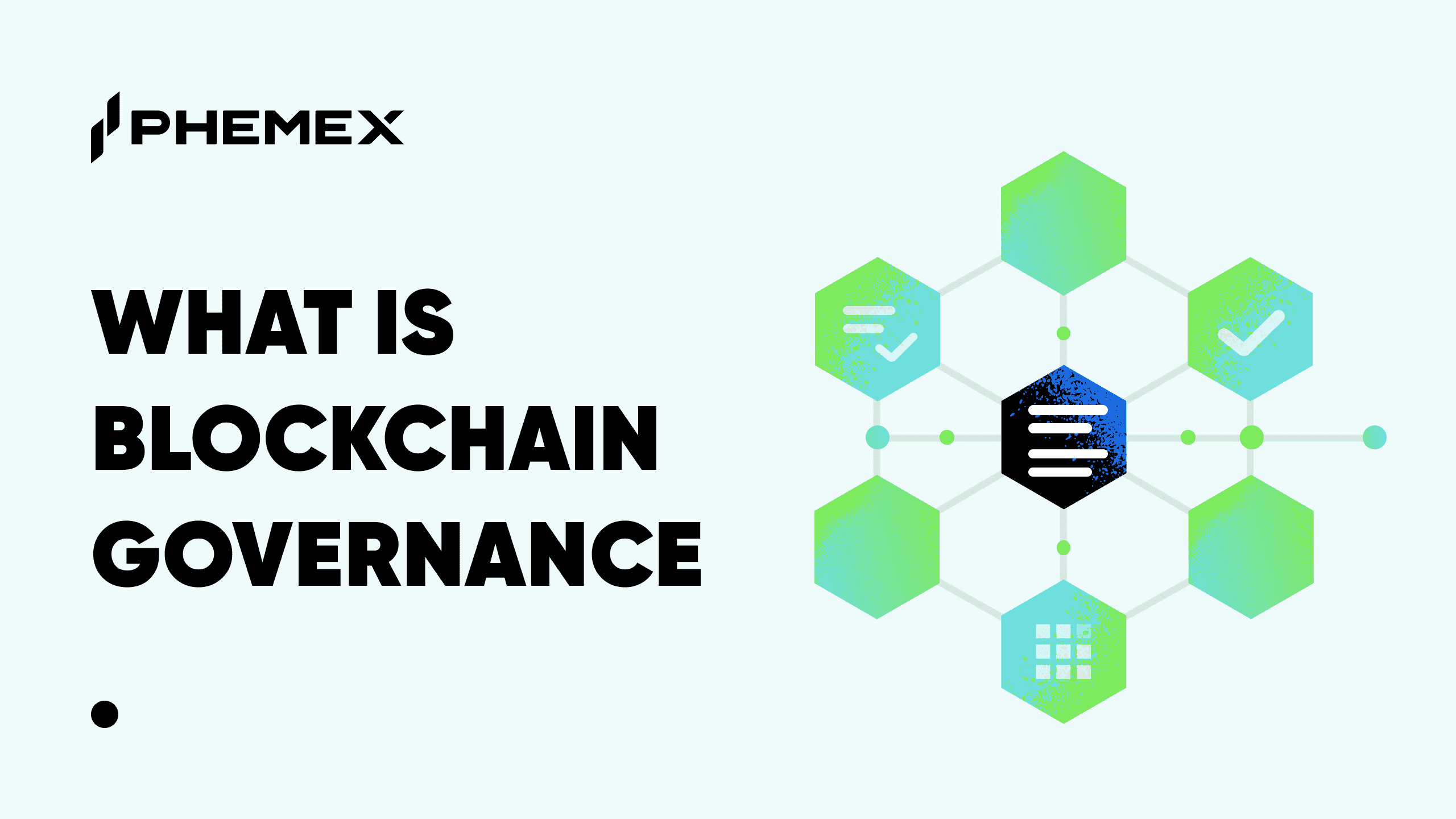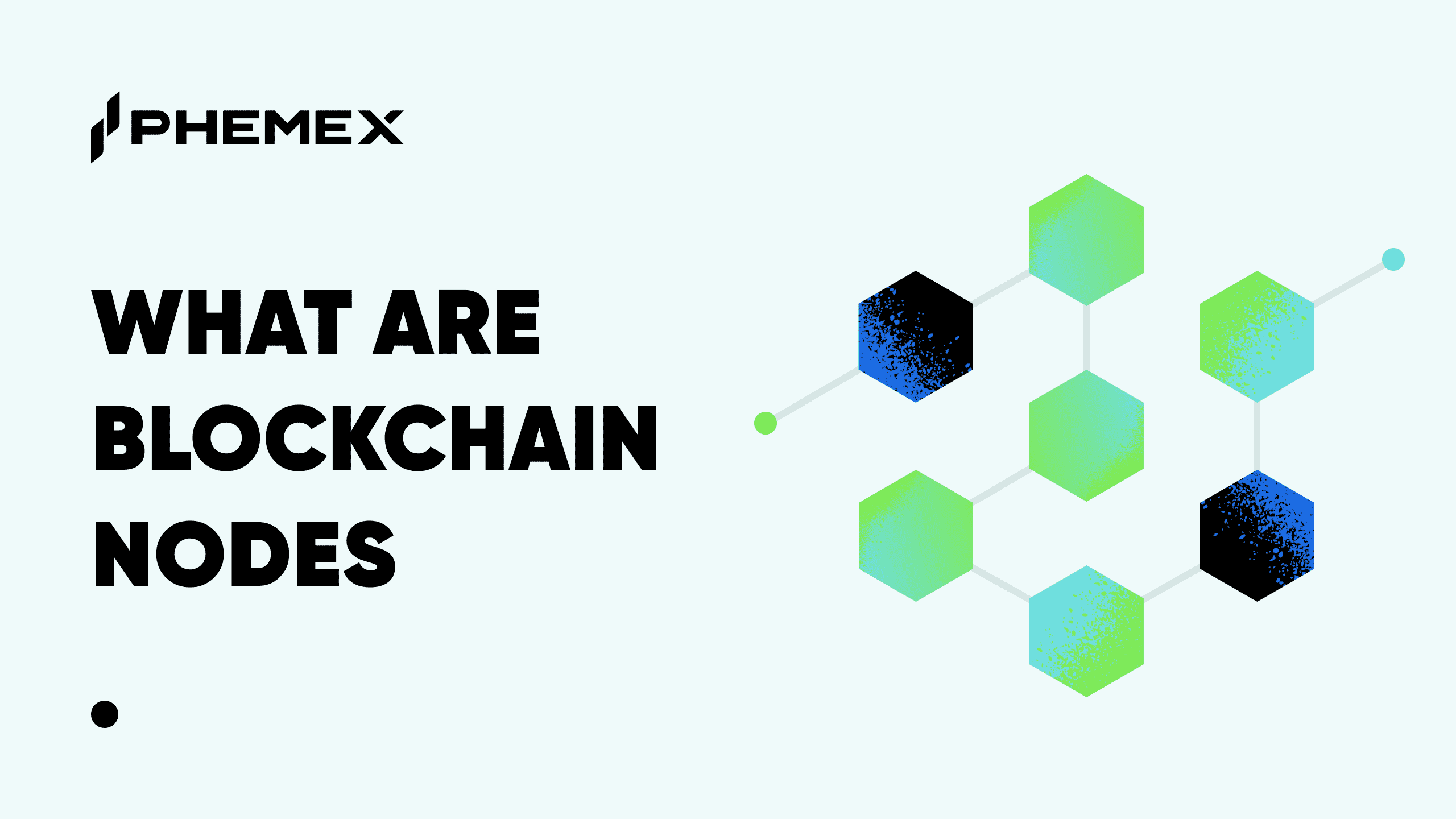The complex and rapidly changing world of blockchain technology has opened up many new career opportunities. These include technical careers related to blockchain programming, quality testing, and system architecture, as well as business-side careers in areas such as product management, project management, and legal consulting.
Like any other industry, blockchain employs professionals across dozens, if not hundreds, of careers. This article will cover the most popular among them.

Popular Blockchain Careers
Blockchain Developer
Blockchain developers program blockchain platforms as well as the apps residing on these platforms. These developers fall into two main categories:
- Blockchain core developers program the core of blockchain networks, such as Bitcoin (BTC), Ethereum (ETH), or Solana (SOL). Their role is to develop, maintain, and update the source code powering the blockchain’s functionality.
- Blockchain app developers are involved mainly in programming the apps hosted on the blockchain networks.
Blockchain core developers use programming languages such as C++, Java, and Python. In addition to these languages, blockchain app developers may use blockchain-specific languages popular for smart contract development. The most common among these is Solidity, a de facto language of choice for smart contract development on Ethereum.
In addition to skills in a programming language used on blockchains, developers need to be familiar with the basics of cryptography and the architecture of decentralized ledger systems.
Blockchain Architect
Blockchain architects conceptualize and design the overall infrastructure of blockchain networks or apps. Due to blockchain’s decentralized nature, effective blockchain design is highly important. Therefore, blockchain architects should have a deep understanding of the overall blockchain technology, and how various parts of this technology interact.
While architects are not expected to be familiar with blockchain code, they need to thoroughly understand blockchain cryptography, transaction verification models, cross-chain interoperability, tokenization, and other key areas required for a functional blockchain network or app.
Blockchain Project Manager
Project managers steer and coordinate blockchain projects during the development stage. They are often the key link between the developer team and non-technical project stakeholders, such as product managers, UX designers, and business consultants.
Project management requires various skills, such as:
- Coordinating work between different parts of the company.
- Resolving issues between different stakeholders.
- Effectively communicating the project’s progress to the management team and other parties.
On the technical side, this job requires proficiency in popular project management software. The market for project management software is extremely fragmented, and each project may prefer a specific tool, or let the project manager decide what’s best.
Currently, the largest providers of project management software are Slack, Atlassian, and Monday.com. Experience in using the project management tools from these vendors can help you get hired for a project management role.
Blockchain UX Designer
Most blockchain apps have a user interface to enable their functionality. UX designers are responsible for creating effective and easy-to-use user interfaces for these apps.
Typical skills required in this career include user research via feedback gathering, wireframing, and prototyping. The ability to communicate the finalized concepts to all stakeholders involved in the project is also important. Additionally, UX designers are advised to have at least basic skills in HTML and CSS.
Blockchain Quality Engineer
A quality engineer’s job is to ensure that the entire blockchain platform and all its components are free from functional errors. Quality engineers extensively test the platform on the testnet, the trial environment where the project resides before being launched in the finalized version.
A key part of this job is to test the platform via use cases, test scenarios that mimic end-user activity to identify possible omissions in functionality.
Good engineers often have a mix of technical skills and deep business understanding. Technical skills help them identify functionality problems when reviewing the code, while good understanding of the project’s commercial goals help them spot errors in the platform’s business logic.
Blockchain Legal Adviser
Legal advisers advise key project stakeholders, such as founders, managers, and business advisers, to help keep the project on safe legal ground. This could involve issues of corporate structuring, initial coin offerings (ICOs), tokenomics, smart contracts, and more.
Legal advisers need thorough knowledge of the cryptocurrency regulations worldwide, and particularly in the project’s jurisdiction of incorporation. They also need to deeply understand the blockchain and cryptocurrency concepts, in addition to general legal areas, such as corporate structuring or taxation.
Blockchain Product Manager
Product managers are responsible for the overall success, development, and functioning of a specific blockchain product. The product could be an entire app, or a specific part of it. For example, many decentralized finance (DeFi) platforms offer a variety of products and services to their end users. The job of a product manager would be to lead a particular product stream, such as a lending function, on such a platform.
Similar to product managers in other industries, blockchain product managers are evaluated based on their product’s key performance indicators. These indicators may include metrics such as revenue, profit, TVL, and number of wallets signed up.
Blockchain Security Manager
Despite their strong security based on cryptography and trustless decentralized verification, blockchains are far from immune to hacker attacks.
Security managers are responsible for identifying security threats to blockchain platforms, and protecting the platform from these threats. Strong skills in cybersecurity are important in this career.
The biggest security threat for most blockchain projects is the theft of crypto assets from platform users’ wallets. In the year 2020 alone, blockchain cyber criminals stole $500 million. With losses of this kind, demand for blockchain security managers is only growing.
Key Industries for Blockchain Careers
Financial Services
A large part of the blockchain ecosystem is made of financial services apps, including both decentralized and centralized apps.
The apps offer a variety of financial services, of which the most popular are digital payments, lending and borrowing, crypto investment optimization, and crypto asset swaps. The growth of these apps fuels the demand for blockchain professionals on both the development and business sides.
Industrial Products and Manufacturing
Many manufacturing companies are using blockchain technology to optimize their supply chains. Device manufacturers are also using blockchain-based Internet of Things (IoT) solutions — an area that’s expected to grow further.

The Internet of Things is a technology that enables remote control of a wide variety of devices (Source: LeewayHertz.com)
The manufacturing industry has taken up blockchain technology more slowly than financial services have. However, the uptake is accelerating and this industry’s large size holds great potential for blockchain professionals.
Insurance
The insurance sector is actively investing in blockchain technology to develop optimized claims processing solutions. The usual claims process used in the industry is resource-intensive and convoluted, and requires a number of participants to verify and process claims.
Blockchain technology, and specifically smart contract–based solutions, is emerging as a great way for the insurance sector to streamline and reduce the cost of claims operations. As blockchain revolutionizes insurance claims processing, the number of blockchain-related careers is growing fast within the industry.

The use of blockchain in the insurance industry (Source: the-digital-insurer.com)
Retail
Large retailers, such as supermarkets, are adopting blockchain solutions for their supply chain operations. A typical retail supply chain involves a number of actors, such as farmers, distributors, resellers, and transportation companies. The use of blockchain lets retailers keep their supply chains highly visible, transparent, and streamlined. Major retailers with complex supply chains are especially promising for blockchain careers in retail.
Government
Governments around the world are commissioning blockchain-based projects to create transparent election voting systems, optimize interoperability between government departments, and provide streamlined government services to the population. These projects are usually large-scale, involving a number of different government departments and institutions. As such, numerous opportunities have emerged for blockchain professionals across a wide range of government-related careers, both technical and business-focused.
Healthcare
Healthcare providers use blockchain solutions to easily track and share patient records, process healthcare claims, and optimize patient treatment. The technology can also help different providers communicate and optimize the documentation flow using smart contracts.
The massive size of the healthcare industry and its increasing interest in blockchain are creating significant opportunities for blockchain professionals in this sector.
What is The Future for Blockchain Careers?
The demand for blockchain professionals has been growing strongly over the last few years, and this trend is expected to continue in the foreseeable future. In addition to the companies developing apps on Ethereum and other public blockchains, a large number of businesses and organizations are investing in private blockchain solutions of their own. This part of the blockchain industry also contributes heavily to job growth.
The industry’s enviable growth rate is easy to note from the total cryptocurrency market cap figures. The overall cryptocurrency market cap has increased by around 200% (from $750 million to $2.2 billion) since the start of 2021, suggesting a growing interest in blockchain-based cryptocurrency solutions. While cryptocurrency is only one part of the blockchain industry, these figures are a good indicator of interest in blockchain technology in general.
Both the cryptocurrency market growth and the increasing adoption of blockchain technology across various industries point to a very promising future for blockchain careers.
Read More
- What is Blockchain Technology: The Biggest Misconception About It
- What are Blockchain Applications and Use Cases?
- Blockchain Analytics: 11 Free Crypto Research Tools You Need
- Blockchain and AI: How They Perfectly Work Together
- Top 8 Real-World Smart Contract Use Cases
- What are Crypto APIs and SDKs: How to Choose the Best
- What is Blockchain Cryptography: The Backbone of Blockchain Security
- What are Blockchain Programming Languages: The Old Guard Meets the New Generation







